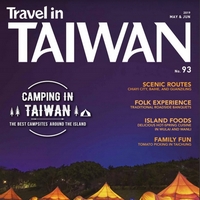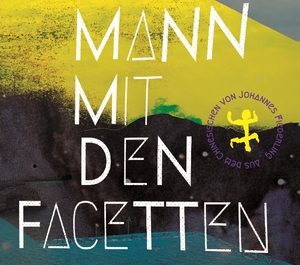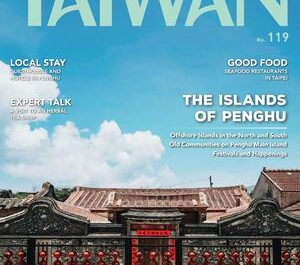Carsten Storm - Mapping Imaginary Spaces
in Li Yongping’s Jiling Chronicles
Malaysian born Li Yongping belongs to the vanguard of Taiwan’s modernist authors. Despite his acclaimed status within modern literary history, academic work on Li Yongping is relatively rare and concentrates rather on his later novels.
The Jiling Chronicles (Jiling chunqiu 吉陵春秋) are structured along a complex matrix of space and time set in the imaginary town of Jiling that is often analyzed as symbolizing a degenerated Sino-Taiwanese village of a rather vague geographical and temporal setting. Furthermore, in a disturbing way the description of Jiling alludes to an archetype of Chinese historiography: the Spring and Autumn Annals (Chunqiu 春秋). Nonetheless, strategies of “mapping” have regularly been applied in academic debate, for instance in aligning and comparing the novel with other place-related novels, e.g. of the mainland native soil genre (Wang De-wei). On a comparative level, other Taiwanese novels with a strong focus on single places may be taken into account, like Li Ang’s 李昂 depictions of Lugang 鹿港 or Li Qiao’s of Fanzai lin 蕃仔林. Different from Jiling, all these are, however, also real places.
Using discursive tools associated with the spatial turn, the novel has alternatively been interpreted as constituting a mental map (xinxiang ditu 心象地圖, Huang Meiyi). Additionally one may think of ethical, social or other types of allegorical “maps” which might be meaningfully utilized. “Mapping” as a tool of the spatial turn is strongly linked to sociological methodology and theory and thus to notions of “really” existing societies. A general question which the lecture therefore shall address is the rationale of applying strategies which are (geographically, socially, politically etc.) linked to reality to analyzing a non-realistic novel depicting a non-real place and an imaginary “society” like that in Jiling. Alternatively and/or additionally, can theories of fiction/fictionality, of modernist language and topic game, or of aestheticism be meaningfully used to analyze the novel? Are comparisons to novels depicting other non-real places the better choice in approaching the Jiling Chronicles, e.g. Garcia Marquez’ Macondo or Zhang Xiguo’s Sunlon City (Suolun cheng 索倫城), or given the ethical degeneration of Jiling, other dystopias? In which (critical) way do these different methodological and theoretical approaches interact?
CARSTEN STORM earned his Ph.D. in Sinology from the University of Cologne with a book on representations of crime and justice in crime fiction of the Ming- and Qing dynasties. He was lecturer at the Institute for Modern China Studies at the University of Cologne and participatet as lecturer with the ICCD Project at Dresden University of Technology. Prof. Storm currently teaches at FAU Erlangen-Nürnberg and his field of interest covers modern and classic literature in China and Taiwan, identity research and pre-modern and modern history of ideas.
University of Vienna
AAKH-Campus, Hof 2, Entrance 2.3
Spitalgasse 2
1090 Vienna
AUSTRIA
T: +43-1-4277-43844



